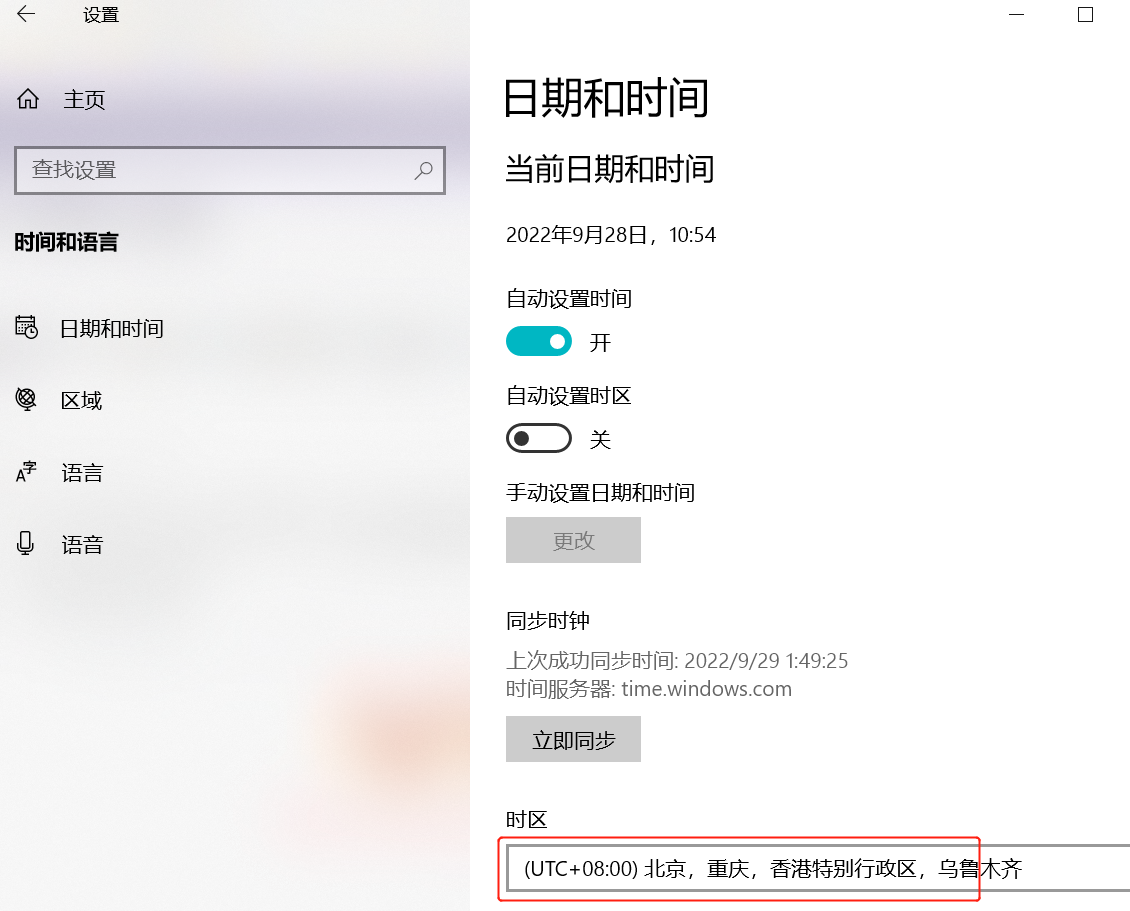问题描述
用户可以从我们的应用程序中下载JSON文件,与所有内容都放在一行中相比,我想美化一下以便于调试。但是,即使缩进只是单个制表符或空格,这也会使文件大小增加近40%。
作为一种折衷方案,我想排除所有值,例如美化的关键“大”,例如:
{
"small":
{
"a": 1,"b": 2,"large": {"a":1,"b":2,"c":3,"d":"the \"large\" object should not be prettified"}
},"d":"the \"large\" object should not be prettified"}
}
我尝试使用JSON.stringify的replacer parameter解决此问题:
JSON.stringify(data,(key,value)=>key==="large"?JSON.stringify(data):value,'\t');
但是“大”键的值最终转义了:
data =
{
"small":
{
"a": 1,"b": [2,3,4,5],"large": {"myarray":[1,2,4],"d":"the \"large\" object should not be prettified"}
},"d":"the \"large\" object should not be prettified"}
}
const json = JSON.stringify(data,'\t');
document.getElementById("json").innerText = json;<html>
<body>
<pre id="json">
</pre>
</body>
</html>如何防止这种转义的发生或以其他方式部分修饰JavaScript中的JSON?
解决方法
每次在对象(或对象的一部分)more than once上调用JSON.stringify时,都会以转义的语音标记告终。在这种情况下,将内部JSON.stringify函数应用在replacer函数内部之后,就无法告诉外部JSON.stringify函数不要像对待其他任何字符串那样对待该实例。
因此,我认为,如果您的目标是“部分地”对对象进行字符串化,则需要编写一个实现该对象的函数。对于这个问题,我建议这样:
data = {
"small": {
"a": 1,"b": [2,3,4,5],"c": [2,{"test":"example"},[4,4],"large": {
"myarray": [1,2,"b": 2,"c": 3,"d": "the \"large\" object should not be prettified"
}
},"large": {
"a": 1,"d": "the \"large\" object should not be prettified"
}
}
function print(obj,exclude,space) {
let recur = (obj,spacing,inarray) => {
let txt = '';
if (inarray) {
if (Array.isArray(obj)) {
txt += '[';
for(let i=0;i<obj.length;i++) {
txt += recur(obj[i],spacing + space,true);
};
txt = txt.substr(0,Math.max(1,txt.length - 2)) + ']';
} else if (typeof obj === 'object' && obj !== null) {
txt += '{' + recur(obj,false) + '\n' + spacing + '}';
} else if (typeof obj === 'string') {
txt += obj.replaceAll(/\"/g,'\\"') + '"';
} else {
txt += obj;
};
return txt + ',';
} else {
for (let key of Object.keys(obj)) {
if (exclude.indexOf(key) !== -1) {
txt += '\n' + spacing + '"' + key + '": ' + JSON.stringify(obj[key]);
} else if (Array.isArray(obj[key])) {
txt += '\n' + spacing + '"' + key + '": [';
for(let i=0;i<obj[key].length;i++) {
txt += recur(obj[key][i],true);
};
txt = txt.substr(0,txt.length - 2)) + ']';
} else if (typeof obj[key] === 'object' && obj[key] !== null) {
txt += '\n' + spacing + '"' + key + '": {' + recur(obj[key],false) + '\n' + spacing + '}';
} else if (typeof obj[key] === 'string') {
txt += '\n' + spacing + '"' + key + '": "' + obj[key].replaceAll(/\"/g,'\\"') + '"';
} else {
txt += '\n' + spacing + '"' + key + '": ' + obj[key];
};
txt += ',';
};
return txt.substr(0,txt.length - 1);
};
};
return (Array.isArray(obj) ? '[' + recur(obj,space,true) + '\n' + ']' : '{' + recur(obj,false) + '\n' + '}');
};
document.getElementById("json").innerText = print(data,['large'],'\t');<html>
<body>
<pre id="json">
</pre>
</body>
</html>
此处,使用了递归函数,该函数循环遍历对象的键并将键值对附加到字符串,以处理不同的数据类型。如果在key数组中找到exclude,则将其字符串化。
通过遍历键并在需要时有条件地应用JSON.stringify,可以有效避免上述问题。
我确定在自己编写JSON而不是使用内置函数时可能需要注意一些极端情况,但是您可以根据自己的特定需求进行调整,例如
编辑:答案已更新,可以更好地考虑对象中的数组。

 设置时间 控制面板
设置时间 控制面板 错误1:Request method ‘DELETE‘ not supported 错误还原:...
错误1:Request method ‘DELETE‘ not supported 错误还原:...